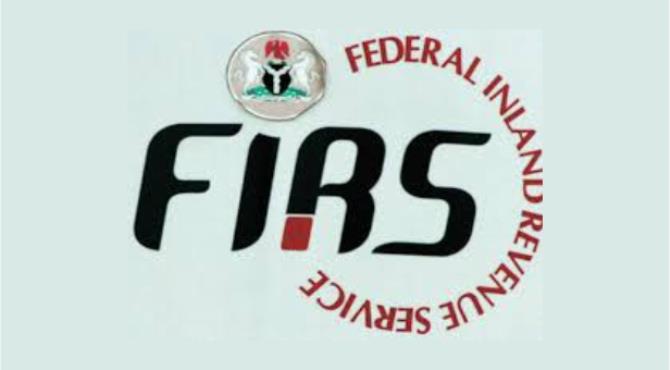- FG Bars MDAs From Spending Internally Generated Revenues
To stop the high incidence of unremitted operating surpluses that stood at N450bn as of last year, the Federal Government has barred its Ministries, Departments and Agencies from spending Internally Generated Revenues that are not appropriated in their annual budgets.
Also, declaring deficits will no longer provide an escape route for the MDAs to avoid payment of operating surpluses, investigation has shown.
According to a new template for reporting and payment of operating surpluses by the MDAs, which will soon be launched, the Federal Government says the presence of deficit in the account of an MDA can actually indicate an operating surplus hidden under unauthorised expenses.
Investigation showed that the new template, which is a guide to the MDAs on the payment of operating surpluses, would bar them from spending their IGR unless such funds had been appropriated in the respective MDAs’ budgets for the year.
It also specifies some items that the MDAs are barred from spending money on, which hitherto had prevented them from paying operating surpluses to the Consolidated Revenue Fund of the Federal Government.
The Fiscal Responsibility Commission Act, 2007 specifies that the MDAs should remit 80 per cent of their annual operating surpluses to the Consolidated Revenue Fund, but many of the MDAs have been accused of spending their operating surpluses.
The Ministry of Finance recently revealed that 33 MDAs failed to remit a total of N450bn resulting from their operating surpluses between 2010 and 2015.
Our correspondent learnt that the new template mandated investigating authorities, which could be the Office of the Accountant General of the Federation or the Fiscal Responsibility Commission to scrutinise deficit accounts of the affected MDAs in order to identify and remove unauthorised expenditures.
Sources close to finance authorities told our correspondent in Abuja on Thursday that the measure had become necessary in order to boost government revenues in view of the dwindling income from the nation’s oil resources.
The Minister of Finance, Mrs. Kemi Adeosun, had recently disclosed fresh moves by the Federal Government to recover N450bn from the MDAs, which they failed to remit between 2010 and 2015.
According to her, demand notices have been issued to 33 agencies, which are responsible for the unremitted funds. The agencies include the Corporate Affairs Commission, Nigerian Communications Commission, Nigerian Maritime Administrative and Safety Agency and the Nigerian Ports Authority.
The articulation of a new template was consequent upon the audit of the accounts of the concerned agencies that revealed massive unremitted funds by the 33 agencies of the Federal Government.

 Forex2 weeks ago
Forex2 weeks ago


 Naira1 week ago
Naira1 week ago
 Naira4 weeks ago
Naira4 weeks ago
 Company News4 weeks ago
Company News4 weeks ago
 Billionaire Watch1 week ago
Billionaire Watch1 week ago




 Naira2 weeks ago
Naira2 weeks ago




 Naira3 weeks ago
Naira3 weeks ago




 Naira1 week ago
Naira1 week ago






















